


A groundbreaking pilot in NHS dementia wards is using live music therapy—called MELODIC—to ease patient distress without relying on drugs. Developed by researchers and clinicians with...



Romaine lettuce has a long history of E. coli outbreaks, but scientists are zeroing in on why. A new study reveals that the way lettuce is...
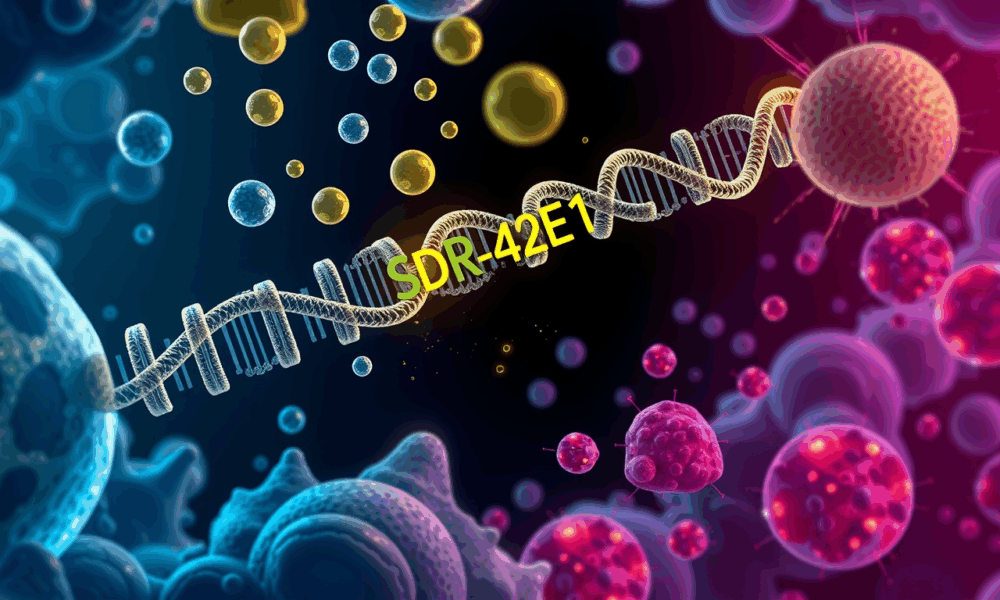
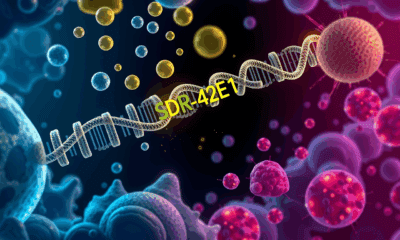

A gene called SDR42E1 has been identified as a key player in how our bodies absorb and process vitamin D. Researchers found that disabling this gene...
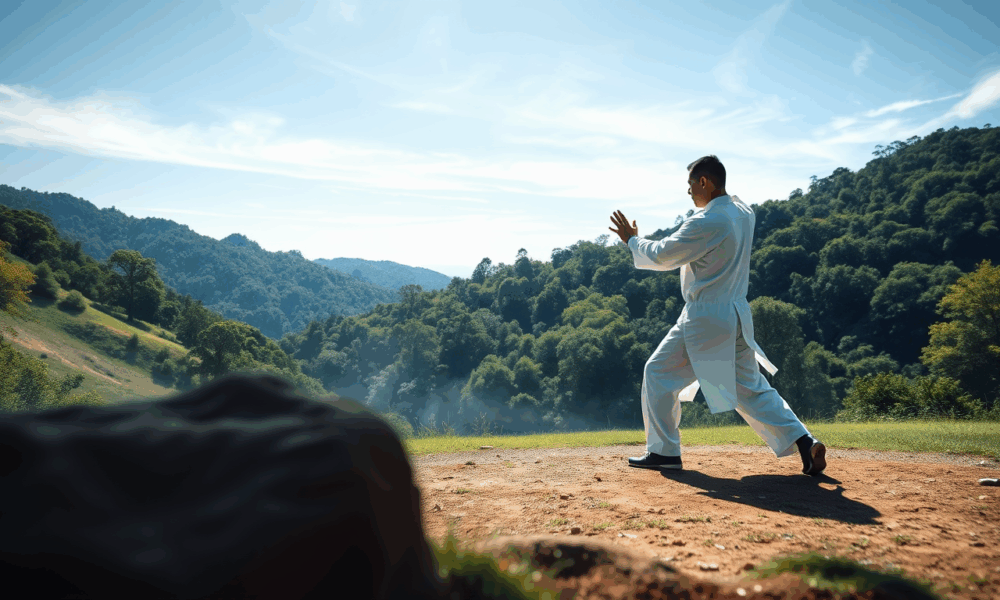
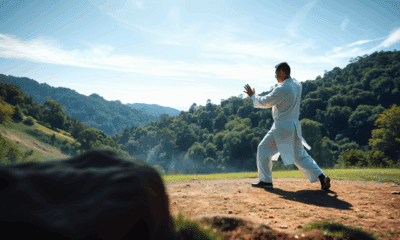

Yoga, Tai Chi, walking, and jogging may be some of the best natural remedies for improving sleep and tackling insomnia, according to a large analysis comparing...



Medieval medicine is undergoing a reputation makeover. New research reveals that far from being stuck in superstition, early Europeans actively explored healing practices based on nature,...
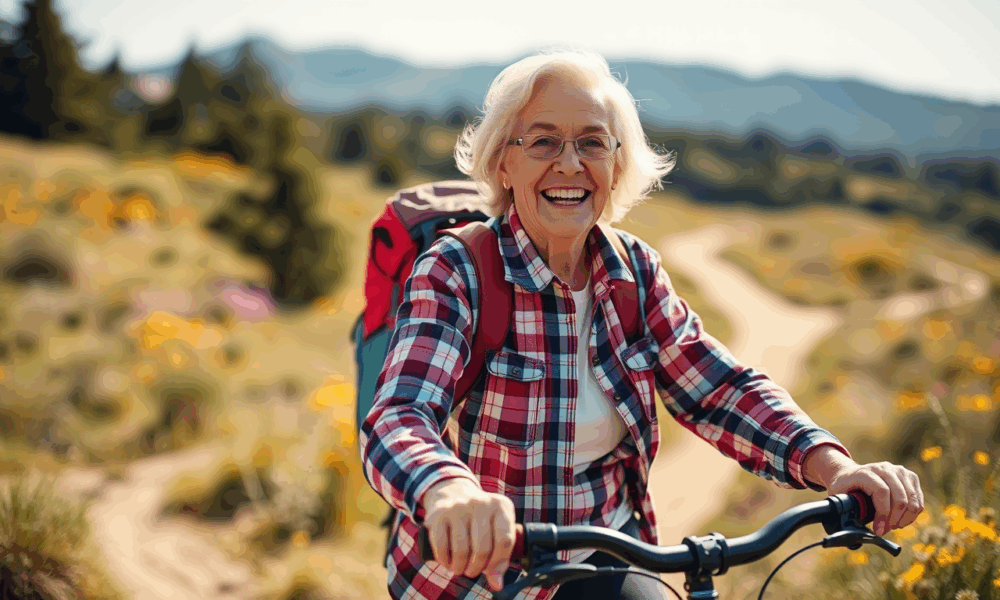
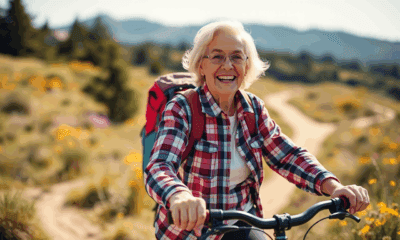

Adopting a physically active lifestyle at any stage of adulthood significantly lowers your risk of dying from any cause, especially from cardiovascular disease. A sweeping analysis...



Midlife sleep habits may matter more than previously thought. A large study finds that poor sleep, alongside high blood pressure and nicotine use, sharply increases the...



Patients who undergo tummy tuck surgery may be in for more than just cosmetic changes — a new study shows they often keep losing weight for...
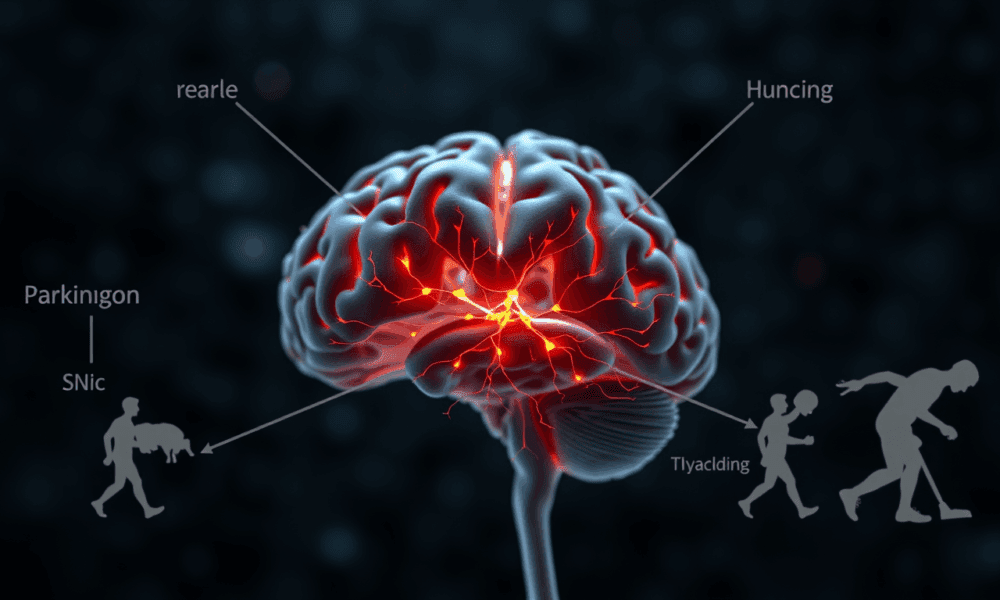
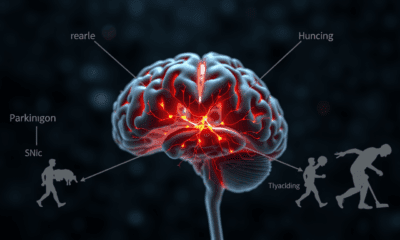

These findings highlight the significance of rearing behavior and behavioral lateralization as potential behavioral markers for tracking the progression of Parkinson's disease.
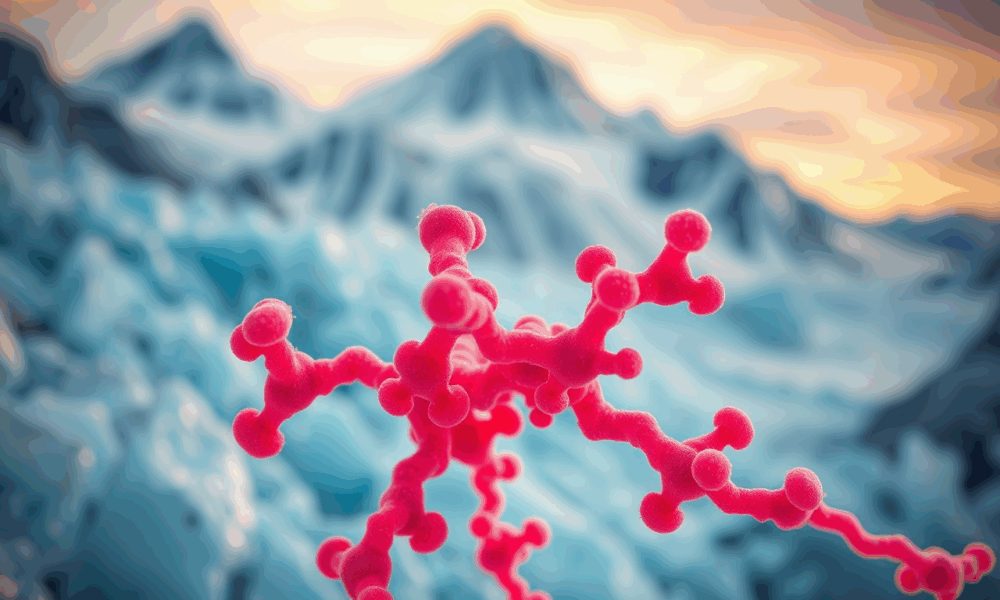
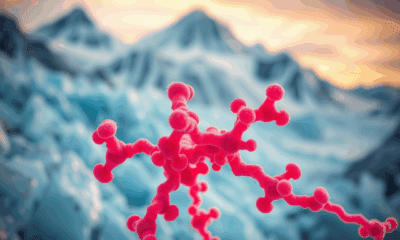

In the frozen reaches of the planet—glaciers, mountaintops, and icy groundwater—scientists have uncovered strange light-sensitive molecules in tiny microbes. These “cryorhodopsins” can respond to light in...